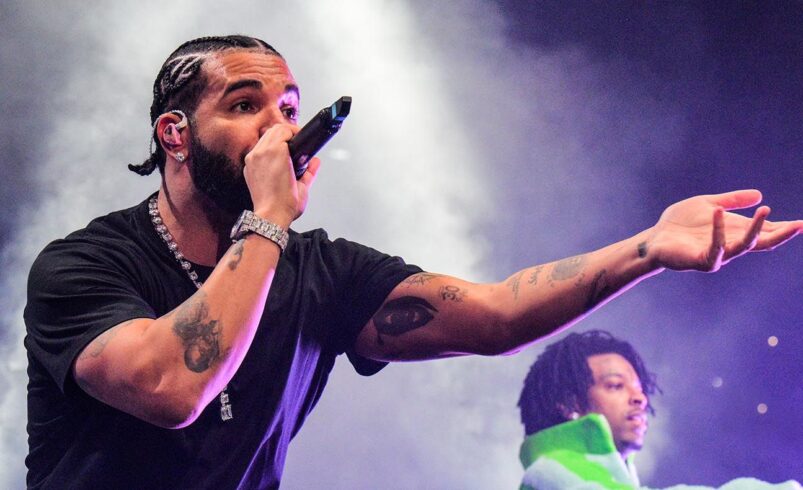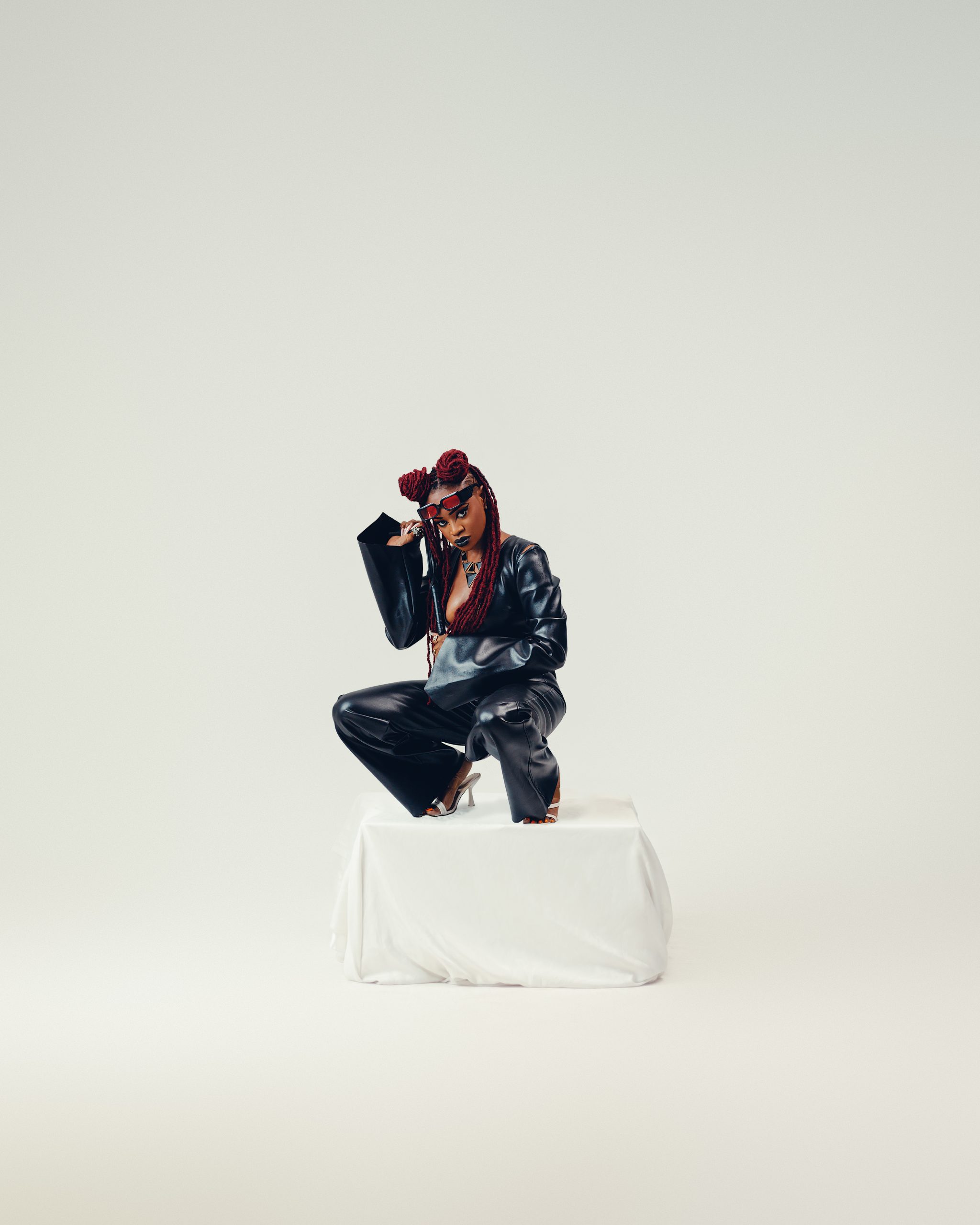JADE Calls Out ‘Privileged’ Matty Healy for Not Speaking Up About Politics: ‘Disappointing’

When headlines landed today, they were impossible to ignore: JADE—formerly Jade Thirlwall of Little Mix—delivered a sharp comment that has already rippled across social media and the music world. In a candid interview with The Guardian, she openly criticized Matty Healy, frontman of The 1975, for saying he didn’t want the band’s legacy to be political. Healy, during the band’s June Glastonbury headline slot, insisted that their legacy should be one of “love and friendship” rather than politics, asserting that “there’s loads of politics out there” and pledging a conscious departure from political messaging. JADE dismissed that stance as disappointing, noting that it’s “very easy for someone who’s white and straight and very privileged to say that. Good for you, hun!”

JADE’s frustration isn’t abstract. She has been vocal and fearless with her platform, particularly since going solo. At Glastonbury, she took the stage at the Woodsies and led the crowd in a chant that targeted Reform UK, welfare cuts, transphobia, suppression of protest, arms sales, and genocide. That performance was a clear statement of how she views the role of artists in turbulent times.
Matty Healy has made his disinterest in politics a firm position—one that he frames as intentional, a conscious distancing. Fans have responded in real time. Some praised JADE’s candor, celebrating her conviction and calling out silence as a form of privilege. Others questioned the consistency of her stance—pointing out that Healy has previous political flashes, including international protests and outspoken commentary. Opinions clashed in comment threads across social media, revealing just how fraught discussions about celebrity responsibility have become.
JADE’s timing is notable. Her debut solo album THAT’S SHOWBIZ BABY! lands September 12, and she is riding a wave of outspoken authenticity. Her commentary adds a new layer to public perception of both artists, casting her forward as an artist unafraid to speak up and spotlighting Healy’s deliberate neutrality. The narrative unfolding today is less about disagreement and more about whether silence can ever be justified in the face of urgency.
In this moment, the conversation isn’t who’s right or wrong—it’s whether standing apart from politics is a refuge—or an abdication.




